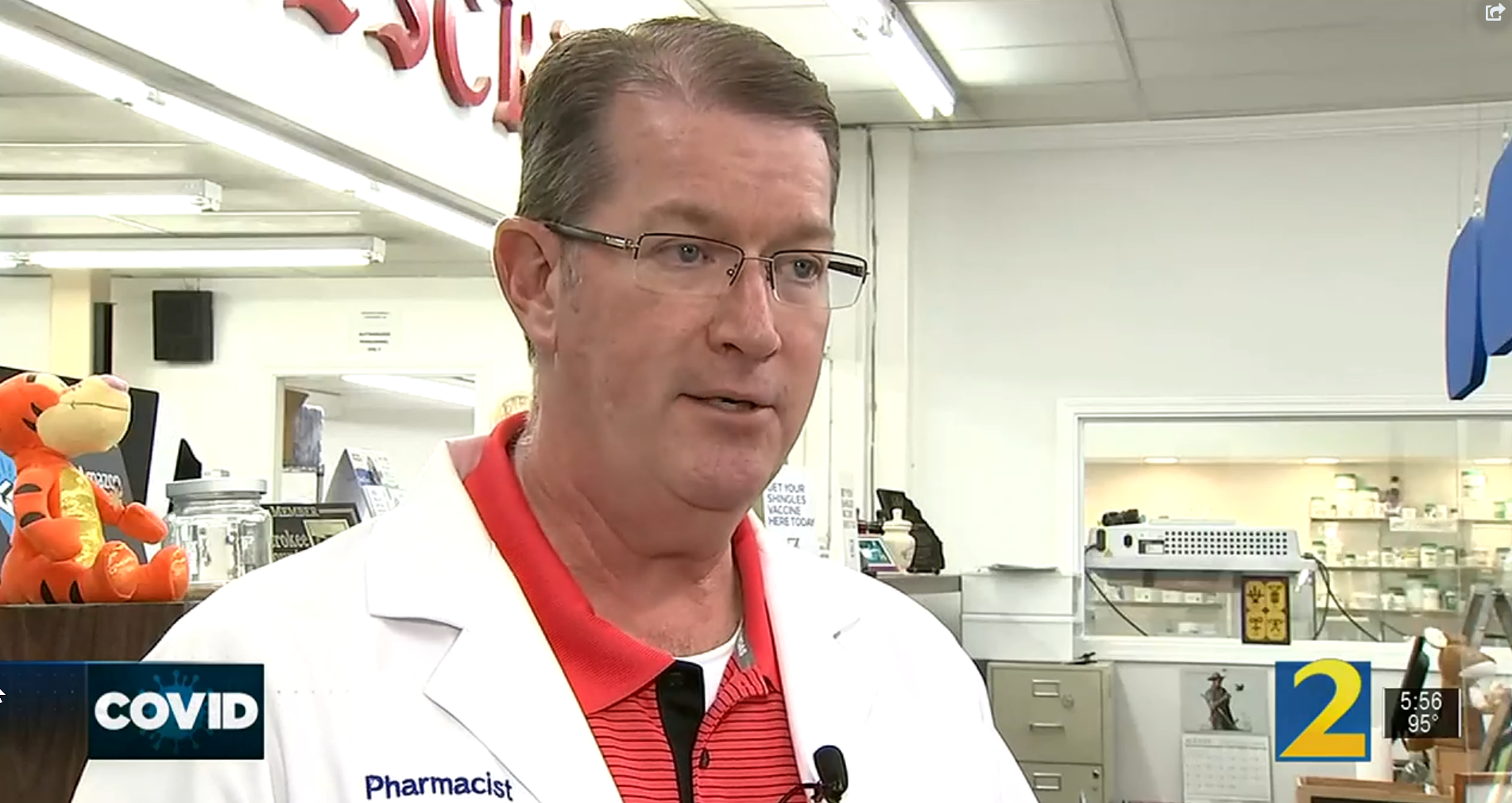Covid-test buying spree, ED can mean diabetes, how to ruin a smoothie, and more
29 Aug 2023
Posted by Andrew Kantor
The ED – diabetes connection
It’s been known for a while that diabetes can mean a guy has a bit of, er, trouble in the bedroom. In other words, erectile dysfunction is not an uncommon side effect for older diabetics.
The twist: It seems that can work two ways. Finding ED in a younger guy (one under 40) could well be an indicator of undiagnosed prediabetes or type 2 diabetes. That’s what researchers at Saint Louis University* found after reviewing the health data of 2 million patients.
The study found that ED patients have a 34% increased risk for prediabetes or type 2 diabetes. Additionally, 75% of patients developed prediabetes or type 2 diabetes within a year of ED diagnosis.
Now might be the time to think of how comfortable you are having certain conversations with your patients.
* Apparently the only university with a billikin as a mascot.
Covid tests get hot
GPhA’s VP of AIP* Jonathan Marquess was featured on Atlanta’s WSB-TV news talking about the Covid-19 resurgence that no one wants … but that we’re stuck with. Hope you didn’t throw out your masks.
Covid test sales, he says, are up 200% in the last couple of weeks, and as he owns 18 pharmacies, Marquess oughta know.

Related
- The latest Covid booster vaccines should be available in mid-September.
- You’ll want one: The latest variant — BA.2.86, likely to be called “Pi” as the successor to Omicron — looks like it’s better at evading immunity. (But treatments and testing still work.)
* Academy of Independent Pharmacy — if you don’t know it now, you will when you buy your first pharmacy.
Omega for preemies
It might do preemies good to get some fatty acid supplements — specifically omega-3 and omega-6. The kids who had those added to their diets had better vision by the time they were about 2½.
Those supplements are sometimes given to preemies at risk of retinal issues, but the new study finds that they seem to help with vision beyond just protecting the retina. As the lead researcher put it, “The supplement also seems to have improved the brain’s ability to interpret visual impressions.”
GPhA is looking for a new CEO
Do you know someone ready to lead one of the nation’s most respected pharmacy advocacy organizations?
If you or someone you know is the right kind of person to take on the reins of the Georgia Pharmacy Association, we want to hear from you.

This is a paid staff position, working out of our Sandy Springs headquarters and working with the president, the board of directors, GPhA staff, and most importantly our members and partners to guide the association and support the pharmacy profession in Georgia.
Get the details — requirements, benefits, duties, and how to apply — at GPhA.org/ceo.
The four gut conditions connected to Parkinson’s
More info keeps coming out that Parkinson’s likely starts in the gut, although the details are still being sussed out. New research out of the Mayo Clinic has added an interesting piece to the puzzle.
What the Mayoians found was that there are four gut conditions that were associated with an increased risk of Parkinson’s but not with other neurological conditions. Three of them seemed to almost double that risk:
- Gastroparesis (delayed stomach emptying)
- Dysphagia (difficulty swallowing)
- Constipation
The other, irritable bowel syndrome without diarrhea, was associated with a 17% increase in risk.
Associated is the operative word here because they haven’t figured out why there’s a connection, just that there is one.
And here’s another interesting tidbit: “Interestingly, the removal of the appendix was found to be protective against PD, prompting researchers to question its potential role in the disease process underlying the condition.”
ICYMI: Rite-Aid waves white flag
Facing more than 1,000 lawsuits related to its part in the opioid crisis, and already $3.3 billion in debt, Rite-Aid is apparently preparing to file for Chapter 11 bankruptcy.
A smooth non-pharma story
If you like smoothies, you’ve probably patted yourself on the back for being so health conscious. Good for you! But are you sure you’re getting all the nutrition you should out of them?

Some fruits — those that brown in the air, like apples and bananas — contain polyphenol oxidase (PPO), which turns out to reduce the amount of flavanols in smoothies. And you want those flavanols.
In fact, found UC Davis researchers, it’s a pretty big effect:
The researchers found that those who drank the banana smoothie had 84% lower levels of flavanols in their body compared to the control.
Their recommendation: If you’re gonna add bananas or apples to a smoothie, don’t mix them with berries, grapes, or cocoa because they’ll undo the benefits those flavanol-rich foods provide.


